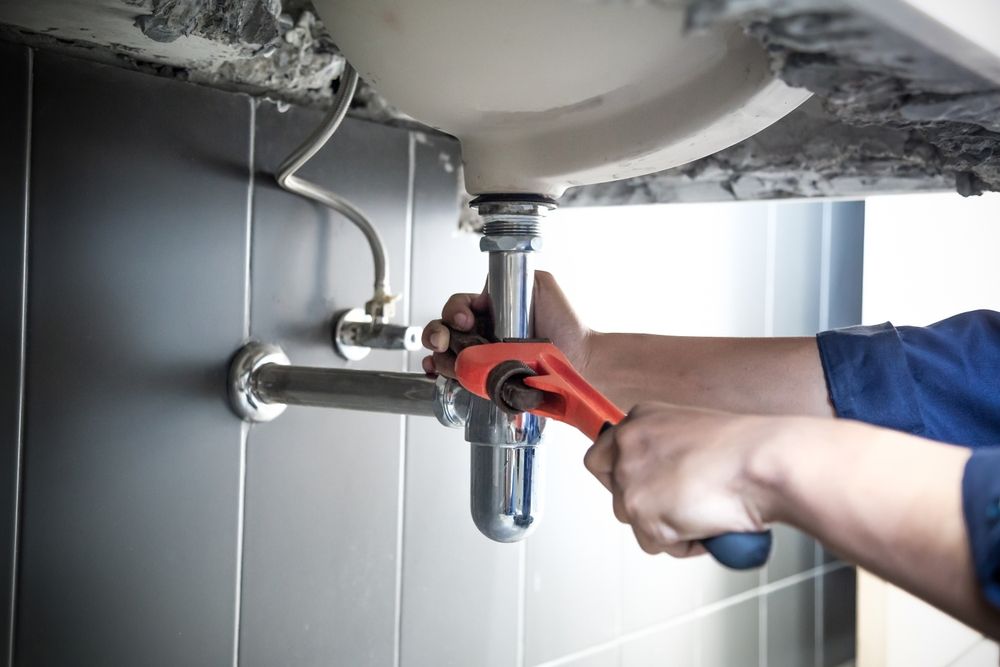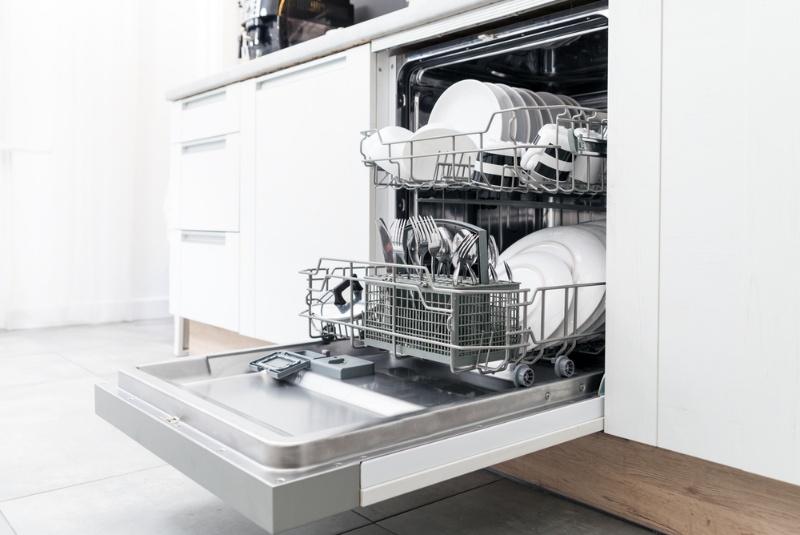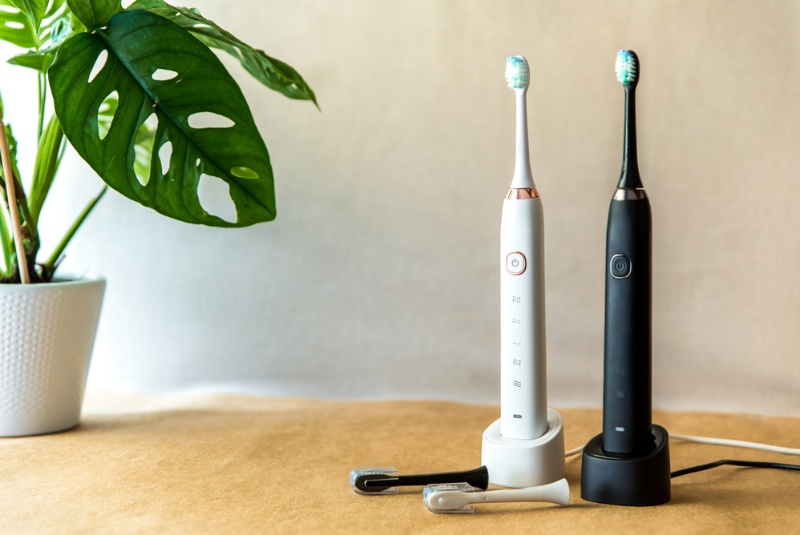Plumbing problems are among the most frustrating household issues. A dripping faucet, a clogged drain, or a running toilet might seem minor, but they can quickly inflate your water bill or lead to bigger, more expensive repairs if ignored. Hiring a plumber for every small issue also adds up fast. The good news is that many plumbing fixes are manageable on your own with the right approach, while others can be minimized through preventative care. By learning a few simple techniques and practicing good habits, you can save money on plumbing without sacrificing the safety of your home.
Tackle Small Leaks Immediately
Even the smallest leak can waste gallons of water over time. A dripping faucet can add hundreds of dollars to your annual water bill if left unchecked. Fortunately, fixing minor leaks is often simple.
In many cases, replacing a worn-out washer, O-ring, or cartridge is all that’s needed to stop the drip. These parts cost just a few dollars and can be installed with basic tools. Ignoring the problem, on the other hand, may lead to corrosion and a more expensive replacement later.
Learn Basic DIY Fixes
Some plumbing problems may look intimidating but are surprisingly simple once you learn the basics. A few common DIY-friendly fixes include:
-
Unclogging drains: Instead of reaching for harsh chemical cleaners, use a plunger, drain snake, or a baking soda and vinegar mixture. These options are safer, cheaper, and effective for most clogs.
-
Running toilets: Often caused by a faulty flapper or fill valve, both of which are inexpensive and easy to replace.
-
Low water pressure from faucets: Usually fixed by cleaning or replacing a clogged aerator.
Online tutorials and videos can guide you step by step through these repairs, saving the cost of a service call.
Prevent Clogs Before They Start
Prevention is one of the best ways to save money on plumbing. Clogs are among the most common reasons people call plumbers, but most can be avoided by practicing good habits:
-
Don’t pour grease or cooking oil down the sink—it solidifies and causes blockages.
-
Use drain strainers in sinks and showers to catch food particles, hair, and debris.
-
Flush only toilet paper—avoid wipes, cotton products, and sanitary items that can clog pipes.
Preventing clogs reduces the need for expensive emergency visits and keeps your plumbing running smoothly.
Maintain Your Water Heater
Water heaters are one of the most expensive plumbing appliances to replace. Regular maintenance extends their lifespan and prevents costly breakdowns. Once or twice a year, drain a few gallons from the tank to remove sediment buildup, which can reduce efficiency.
Check the anode rod every few years—this inexpensive part prevents rust and corrosion inside the tank. Replacing it when worn can add years to your water heater’s life.
Use Water Wisely
Conserving water not only lowers your utility bill but also reduces wear on your plumbing system. Simple adjustments include:
-
Installing low-flow showerheads and faucets.
-
Fixing leaks promptly.
-
Turning off taps while brushing teeth or washing dishes.
-
Running dishwashers and washing machines only with full loads.
These habits reduce strain on pipes and appliances while saving you money month after month.
Insulate Pipes
Frozen pipes can burst and cause severe water damage, leading to costly repairs. Insulating exposed pipes in basements, garages, or crawl spaces is an inexpensive way to prevent this. Foam insulation sleeves are easy to install and help maintain water temperature, improving efficiency while reducing the risk of damage in winter.
Shop Smart for Plumbing Parts
When you do need replacement parts, don’t automatically buy them from big-box stores at full price. Local hardware shops, plumbing supply stores, or online retailers often sell the same parts for less.
Always bring the old part with you to ensure you’re buying the correct size and type. This prevents wasted money on incorrect purchases.
Know When to Call a Professional
While DIY can save money, it’s important to recognize when a job is beyond your skill level. Attempting complicated fixes—like major pipe replacements or sewer line issues—can cause bigger problems if done incorrectly.
Instead, call a licensed plumber for major repairs. To save on costs:
-
Get multiple quotes before hiring.
-
Ask about flat-rate pricing versus hourly charges.
-
Schedule non-urgent repairs during weekdays to avoid after-hours fees.
Knowing your limits ensures you save money without risking expensive mistakes.
Avoid Emergency Situations
Emergency plumbing calls are among the most expensive. You can minimize these by performing routine maintenance and addressing small issues quickly. For example, tightening a loose connection or clearing a slow drain before it fully clogs prevents the need for urgent, high-cost visits.
Keeping a small plumbing toolkit—plunger, wrench, plumber’s tape, and a drain snake—lets you handle small issues before they escalate.
Upgrade Fixtures Gradually
Old plumbing fixtures waste water and money. Consider upgrading faucets, toilets, and showerheads with water-saving models. A low-flow toilet alone can save thousands of gallons per year.
These upgrades may cost more upfront, but they lower utility bills and reduce the likelihood of future problems, making them a smart long-term investment.
Common Mistakes to Avoid
When trying to save on plumbing, steer clear of these common errors:
-
Overusing chemical drain cleaners: They can damage pipes and create bigger problems over time.
-
Ignoring small leaks: What starts as a drip can turn into a costly repair if neglected.
-
DIYing beyond your expertise: Attempting complex plumbing without knowledge often leads to more expensive fixes later.
-
Skipping regular maintenance: Neglecting your water heater or pipes shortens their lifespan and increases costs.
Avoiding these pitfalls ensures your savings strategies are effective and long-lasting.
Combine Prevention With Smart Fixes
The most effective way to save money on plumbing is combining prevention with quick action. Good daily habits reduce the risk of major problems, while simple DIY skills allow you to handle small issues before they become expensive emergencies.
Plumbing doesn’t have to drain your wallet. By tackling minor fixes yourself, preventing clogs, maintaining your water heater, and knowing when to call a professional, you can cut costs significantly. Small efforts like insulating pipes, using water wisely, and shopping smart for parts add up to big savings over time.
The goal isn’t just to save money in the moment—it’s to protect your home from costly plumbing disasters down the road. With these hacks, you’ll keep your plumbing system running smoothly while keeping your household budget under control.





